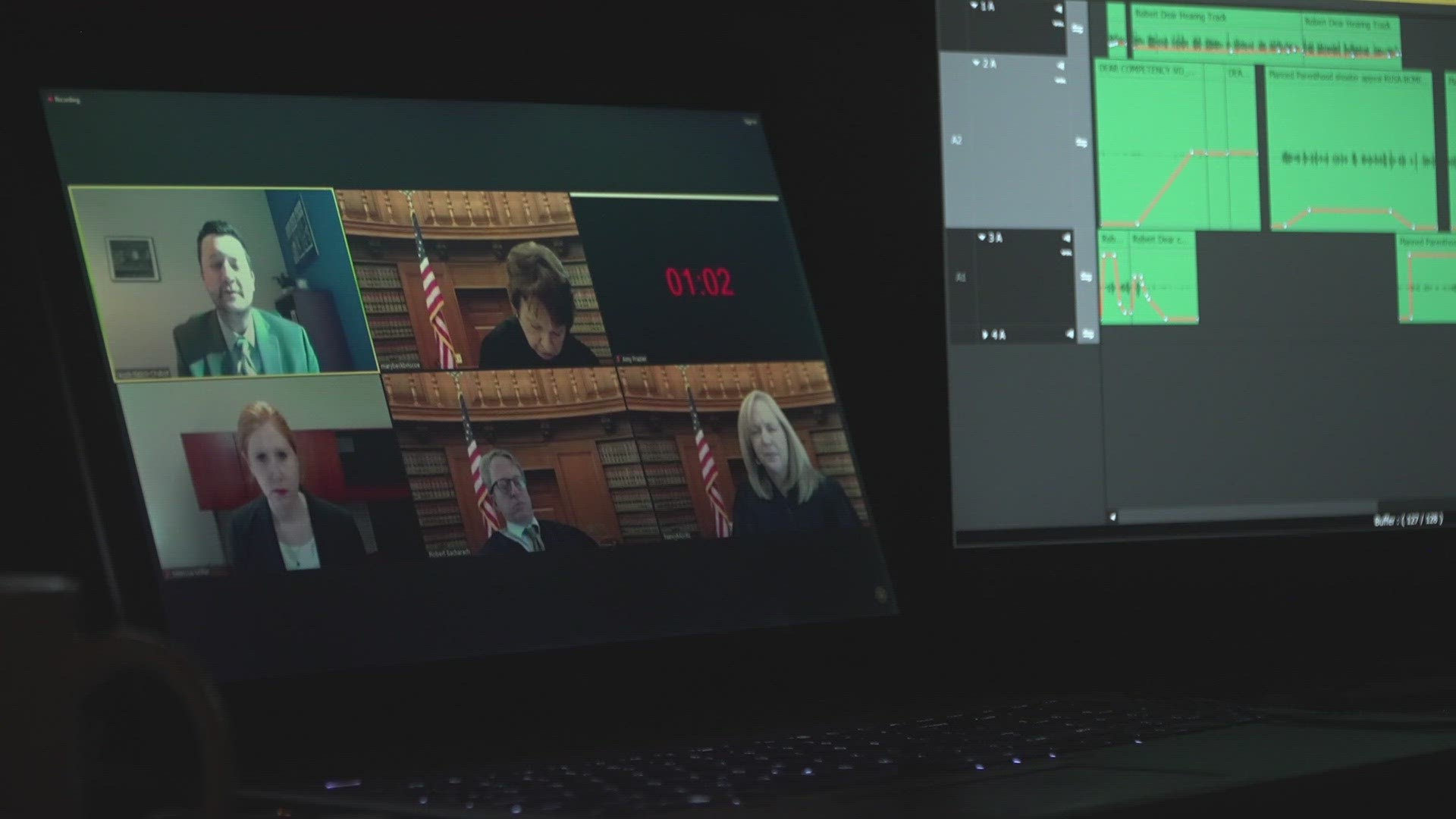DENVER — The man accused of killing three people and injuring eight others at a Colorado Springs Planned Parenthood clinic in 2015 should not be forcibly medicated in an effort to treat his mental illness, his attorney argued Thursday before a federal appeals court.
Robert Dear faces a 68-count indictment in the Nov. 27, 2015, attack. But before the case could move toward a trial, he would have to be ruled mentally competent – meaning he could understand the charges against him and assist in his own defense.
Doing that, prosecutors have argued, will require treatment that includes medication that the man refuses to take.
After a two-day hearing that featured dueling experts, U.S. District Judge Robert Blackburn ruled in September 2022 that medication could be forcibly given if necessary to treat the man’s mental illness. In that ruling, the judge sided with medical experts for the government who backed forced medication. He also did not find persuasive the arguments from defense experts who said forcing the man to take the drugs could cause other problems.
He appealed – and his attorney and a prosecutor each were given a little less than 20 minutes Thursday to make their cases to a three-judge panel of the 10th Circuit Court of Appeals.
Federal public defender Jacob Rasch-Cabot told the panel that the only thing the judge cited in backing the government experts was “that they have a lot of experience and they personally observed Mr. Dear.”
“That just doesn’t equal correct opinion,” Rasch-Cabot said. “Certainly the experience of the experts is a relevant consideration. But it’s just not enough to show this court or the defendant or anyone that their conclusions were actually correct.”
“We're not supposed to decide, are we?” Judge Robert Bacharach asked Rasch-Cabot. “I mean, this is the first I've heard that we're supposed to decide which expert's correct. That's for the district court.”
But Rasch-Cabot said Blackburn failed to articulate a good reason for accepting the conclusions of the government’s experts.
“In light of the evidence presented, that wasn't a sufficient explanation,” he said.
But Assistant U.S. Attorney Marissa Miller argued that Blackburn’s ruling had sufficient particular findings to stand.
“We have a 20-page order – we have 50 factual findings,” Miller said. “There can always be more analysis, but the district court gave us – or gave this court – what it needs to understand the basis of the court's decision, especially with respect to this factual finding at issue where the district court said it was relying on the opinions given by the government's experts.”
There is no timetable for when the court could rule.
SUGGESTED VIDEOS: Latest from 9NEWS

